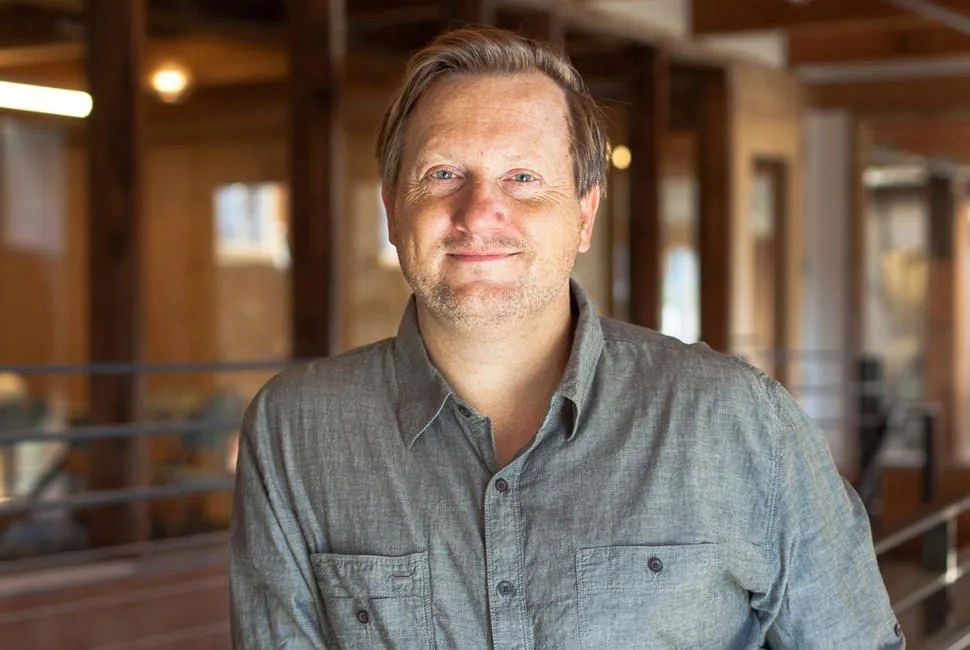You’ll often hear chefs credit their cooking to personal heritage. These are the culinary ambassadors, proving their allegiance through food. The Seattle-based chef John Sundstrom, however, is not one of them.
Growing up in Utah, he was raised on baked potatoes, doughnuts and the chance shrimp cocktail when his family dined out. “Mormon families are not particularly known for reaching great heights when it comes to food and presentation”, Sundstrom jokes in his new cookbook, Lark: Cooking Against the Grain. Despite a late introduction to the finer points of global gastronomy, Sundstrom opened his first restaurant, Lark, in Seattle in 2003 to both acclaim and success. Foraging through many cultures around the world for inspiration — France, Italy, Japan — his cooking is not a commitment to dogmatic culinary traditions, but a love letter written in the local fare and seasons of the Pacific Northwest. The winner of the James Beard Foundation‘s “Best Chef Northwest” award in 2007, Sundstrom now heads two additional restaurants, Bitter Raw and Slab Sandwiches + Pie. We sat down with the man to talk about his culinary past and the inspirations that keep him cooking.
GREAT RECIPES: Drunk Kentucky Catfish | Roasted Root Vegetables with Eggs | The Pappy Van Winkle Old Fashioned
Q. What’s one thing every man should know?
A. How to light a fire, then cook a steak in a cast iron pan.
Q. What’s one cooking tip you can offer to home cooks?
A. Don’t cook on high, take your time, control the heat.
Q. Name one thing no one knows about you.
A. I will buy a Beard Papa Cream Puff at any opportunity.
Q. What are you reading right now?
A. Half a King by Joe Abercrombie.
